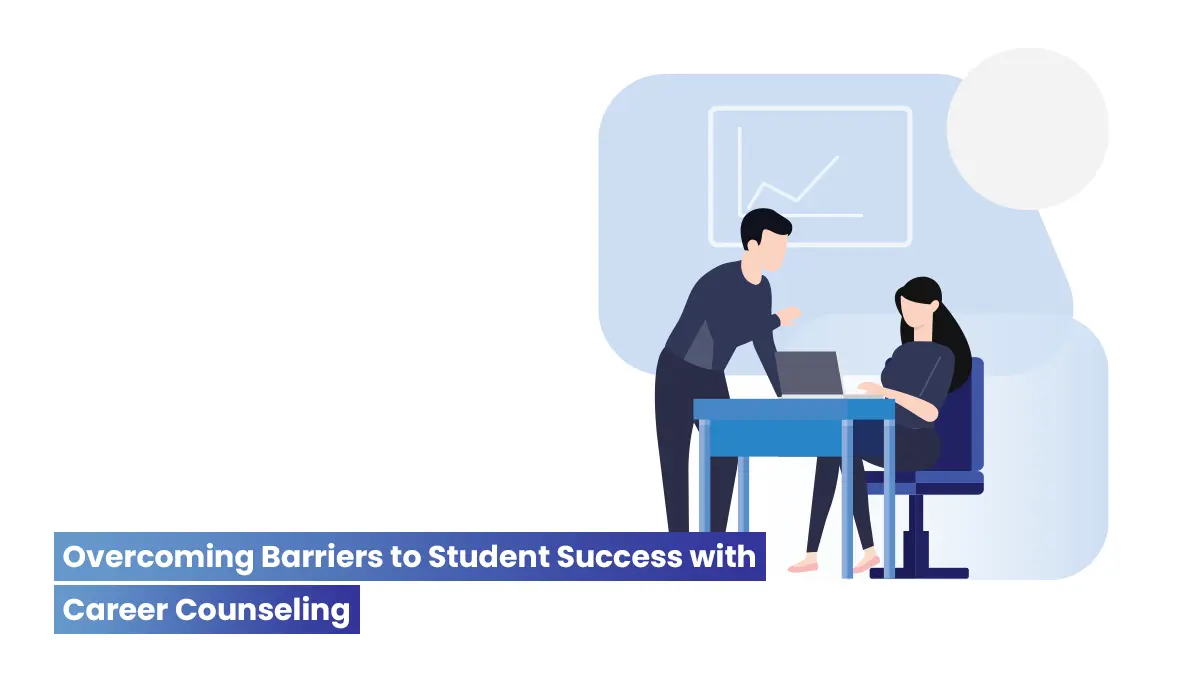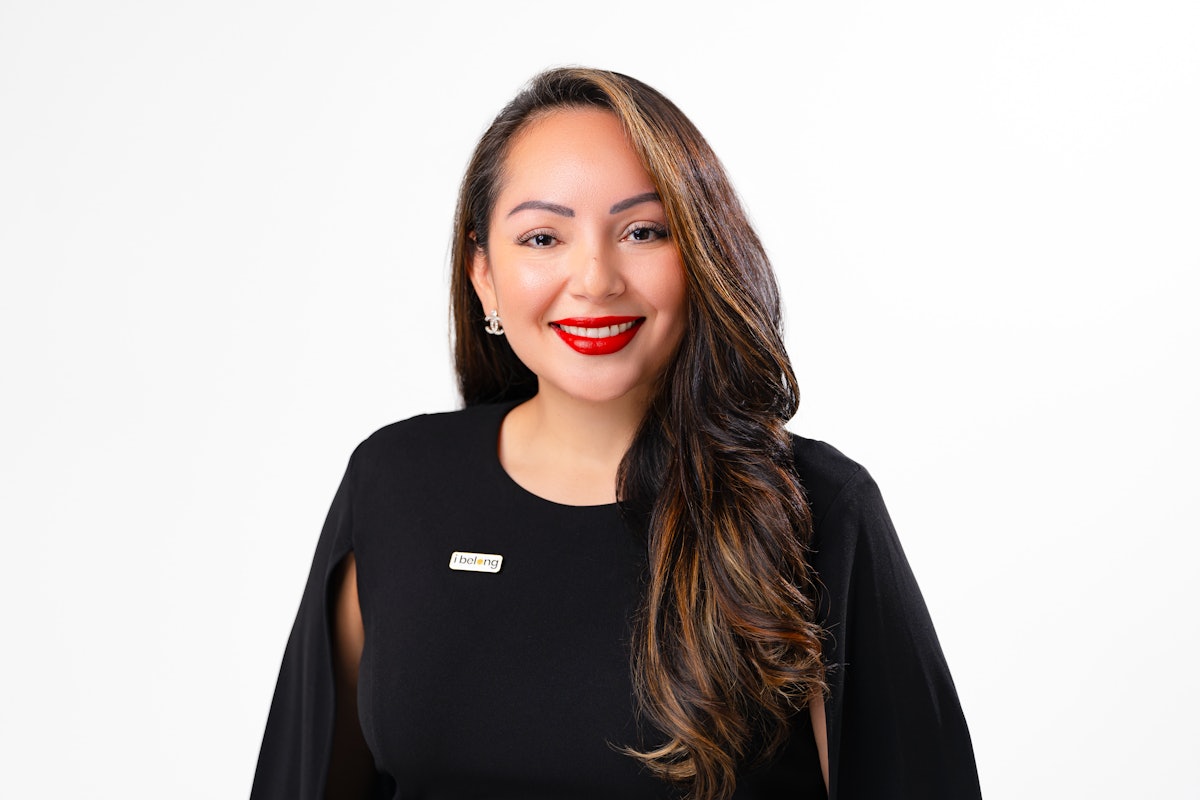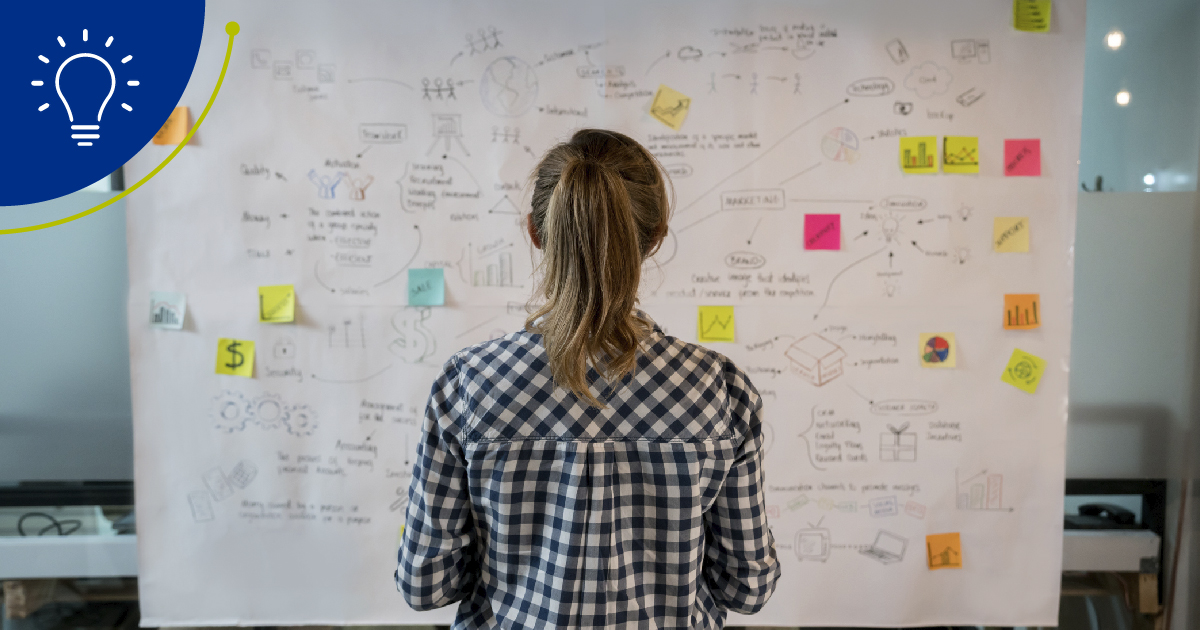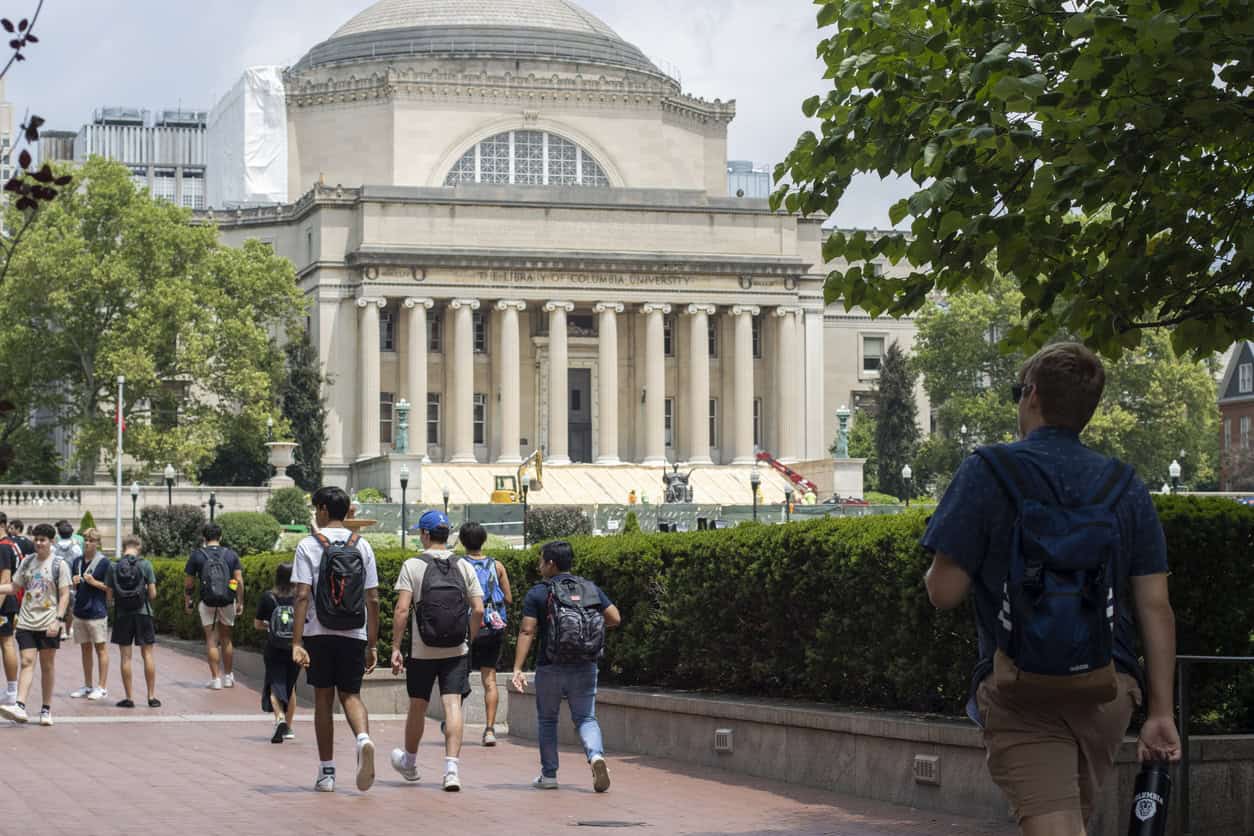60% of college students don’t finish their degrees in six years, as you may have seen. The remaining forty percent encounter major obstacles to their achievement, which include personal, financial, and intellectual setbacks. These obstacles have the power to derail even the most motivated learners, but they are surmountable with the correct help. Career counseling shows up as a very effective strategy for assisting students in overcoming these challenges. This blog post will explore the barriers to student success in higher education and will emphasize the game-changing impact that career counseling plays in helping students realize their dreams and graduate promptly.
Identifying Barriers to Student Success in Higher Education
Understanding the many barriers to student achievement is critical for building successful higher education support systems. These hindrances can be diverse, and threatful, influencing students’ academic success, financial stability, and personal well-being. Identifying these difficulties right at the start enables institutions to carry out focused initiatives that improve student retention and performance. Below, we list some of the most typical challenges that students experience while in higher education:

The Role of Career Counseling
Career counseling cannot be ignored in assisting students in overcoming obstacles to higher education excellence. The whole responsibility of assisting students to overcome their academic, psychological, and professional barriers lies on the shoulders of higher ed’s academic counselors; they work along with the students in all possible ways. We’ve managed to pull some data-backed insights that voice the essential role of career counseling in overcoming barriers to student success.
Academic Support
Career counselors assist students in choosing majors and courses that complement their interests and skill set by offering individualized academic support. Students who got academic counseling were 20% more likely to report greater levels of engagement and satisfaction with their educational experience. This has been proved right according to the National Survey of Student Engagement (NSSE).
Personal Development
In addition to addressing professional development, career counseling provides tools for handling time, stress, and other personal difficulties. According to an American Psychological Association research, students who received career counseling reported far better general well-being and a 30% decrease in stress.
Professional Preparation
Career counselors provide workshops on résumé writing, interview coaching, and job search tactics to help students be ready for the workforce. In comparison to their classmates who did not use career counseling services, students who did so had a 25% higher chance of finding work within six months of graduation, according to the National Association of Colleges and Employers (NACE).
Financial Guidance
According to the Institute for College Access & Success, close to 70% of college graduates leave with substantial debt. This is right when career counselors may help students navigate financial assistance choices and budgeting. Offering efficient financial guidance may alleviate this load and enable students to make knowledgeable decisions regarding their financial prospects.
Strategies for Overcoming Academic Barriers. What Studies Say.
Overcoming academic barriers requires a multifaceted approach that addresses the diverse needs of students. Here are some effective strategies:
Personalized Learning Plans
Personalized learning programs assist students in responding to their specific requirements, learning styles, and perform better. According to a Bill & Melinda Gates Foundation research, students who have individualized learning plans curated just for them are 1.5 times more likely to improve their academic performance than those who don’t.
Academic Tutoring and Support Services
Providing academic assistance services and specialized tutoring programs to students might help them understand difficult ideas and raise their grades. Students who consistently made use of tutoring programs were 15% more likely to stay on track till they graduate, confirms the National Center for Education Statistics (NCES) survey.
Effective Time Management
Inculcating students with excellent time management skills can assist them in balancing their academic burden and other duties. The research by the University of California proves the point that students who practice effective time management are 20% more likely to attain greater academic performance. Hence, this is one strategy that can be blindly followed to overcome student academic barriers.
Use of Technology and Online Resources
Incorporating technology and internet resources into the learning process can improve comprehension and participation. According to International Society for Technology in Education (ISTE) research, students who use educational technology tools earn a 12% higher level of academic success, when compared to their peers.
Encouraging Active Learning
Some of the active learning techniques that increase student engagement and comprehension include problem-based learning and group projects are to be considered. The same has been highlighted in research submitted from the Harvard Graduate School of Education; it states that students’ performance can improve by 25% as a result of active learning environments.
Regular Feedback and Assessment
Providing regular feedback and assessment helps students understand their progress and identify areas for improvement. According to a study by the Assessment & Evaluation in Higher Education journal, students who receive continuous feedback are 30% more likely to improve their academic performance.
Academic Counseling
Students can maintain focus, and sanity, and stay consistent with their academic objectives by scheduling regular visits with academic counselors. A study by NACADA (National Academic Advising Association) confirms the fact that academic counseling increases students’ chances of graduating on time by 15%.
Navigating Financial Barriers

Success for students in higher education depends on their ability to overcome financial obstacles. We have figured out some steps for you.
- Inform them of the loans, grants, and scholarships that are out there.
- Educate students in financial literacy to enable them to make wise financial decisions by holding budgeting workshops.
- Provide choices for payments that take into account a range of financial circumstances with your flexible payment plans.
- Provide students with the chance to work on campus in order to help them financially and earn experience.
- Create a fund to assist students who have unforeseen financial difficulties in an emergency situation.
- Provide students with individualized financial counseling to assist them in overcoming obstacles related to money.
Addressing Personal and Social Challenges
Navigating personal and societal barriers is critical to student success in higher education. This is often the much talked about topic. Using peer networks and mentoring programs, higher ed universities offer confidential counseling and develop supportive campus communities. Students who use campus counseling services report better academic achievement and general well-being, according to an American College Health Association survey.
Career Counseling Techniques and Approaches
Career counseling enhances students’ path to a successful career by utilizing cutting-edge techniques customized to each student’s needs:
Comprehensive psychometric methods: These are used in holistic assessments to examine students’ values, interests, and aptitudes in order to assist them choose career pathways that are unique to them. According to a National Career Development Association (NCDA) poll, 85% of students believe that these kinds of evaluations are helpful while making career decisions.
Goal-Centered Coaching: Putting in place organized coaching sessions to help students create strategic objectives and practical career goals. According to research published by the American Counseling Association (ACA), goal-oriented coaching boosts students’ drive and dedication to their professional growth.
Skill Development Workshops: Many universities adopt this; they run interactive seminars aimed at developing essential skills like leadership, problem-solving, and digital literacy. These skills development programs help students become ready for a variety of professional challenges.
Business Integration: This can be another technique that universities look forward to these days. Encouraging business partnerships and networking events to provide students with direct knowledge of the demands of the labor market.
Virtual Career Resources: Lastly, using digital platforms and virtual technologies, career resources like alumni networks, online job boards, and virtual career fairs may be made more easily accessible to students. These naturally improve their access to career prospects.
Integrating Career Counseling with Academic Advising software
A holistic support system that aligns students’ academic and career aspirations is created when career counseling and student advising platforms are integrated. Here are ways by which integration may be accomplished in higher education institutions;
Complete student profiles
This is achieved by the academic advising system. It helps improve academic standing, professional interests, and personal objectives. By including career counseling data in these profiles, advisers and counselors may provide on-time, individualized recommendations.
Seamless Communication
Students, career counselors, and academic advisers may communicate in real time thanks to integrated systems. This makes sure that students have continuous guidance and can readily get it when they need it, which enhances their experience, performance, and results in general.
Coordinated Planning
By integrating student advising platform and career counseling, students may create plans that fit their curriculum keeping in mind their professional goals. This enables individuals to make responsive educated decisions regarding course selection, internships, and extracurricular activities that align with their long-term objectives.
Enhanced Data Analytics
Integrated systems help analyze data from the perspectives of academic counseling and career services; they even help identify trends and provide information on factors that influence students’ performance. Institutions can tailor support services to the needs of individual students and take proactive measures to remove any obstacles.
All-inclusive Resource Access
From a single interface, students may access an abundance of resources, such as career discovery modules, job search platforms, academic planning tools, and workshops for skill development. This way makes their higher education trip easier and gives them the confidence to direct their own academic and professional trajectories, without going astray.
Better Tracking and Input
Advisors and counselors are better able to keep tabs on students’ academic progress and give timely input. By keeping an eye on things constantly, teachers may see places where their pupils can benefit from extra aid and make sure they keep moving forward toward their objectives.
The Future of Career Counseling in Higher Education

With the growth of technology and an increasing emphasis on the whole student, career counseling in higher education is expected to undergo a radical change in the future. Job counseling will switch to become more individualized, data-driven, and integrated with academic advice as more schools adopt cutting-edge strategies. This will promise that students are prepared for their future careers without any deviations. The image below represents some of the future trends in career counseling.
Conclusion
In summary, assisting students in overcoming obstacles to success in higher education necessitates a thorough and proactive strategy. It’s high time institutions wake up to this realization and help students resolve social, academic, financial, and personal obstacles by utilizing efficient career counseling strategies. This is rightly where the academic advising system integrated with career counseling comes in place.
To satisfy these demands, Creatrix Campus provides comprehensive, modern mobile-friendly placements, and career counseling services in the form of a student advising platform. For students to receive the individualized help they require to succeed, our platform blends cutting-edge technology with tried-and-true counseling techniques. Arrange a 30-minute workshop to learn how your institution’s approach to student success and career counseling may be revolutionized by Creatrix Campus. Together, let’s make sure your pupils have a better future.
#Barriers #Success #Higher #Education #Career #Counseling










